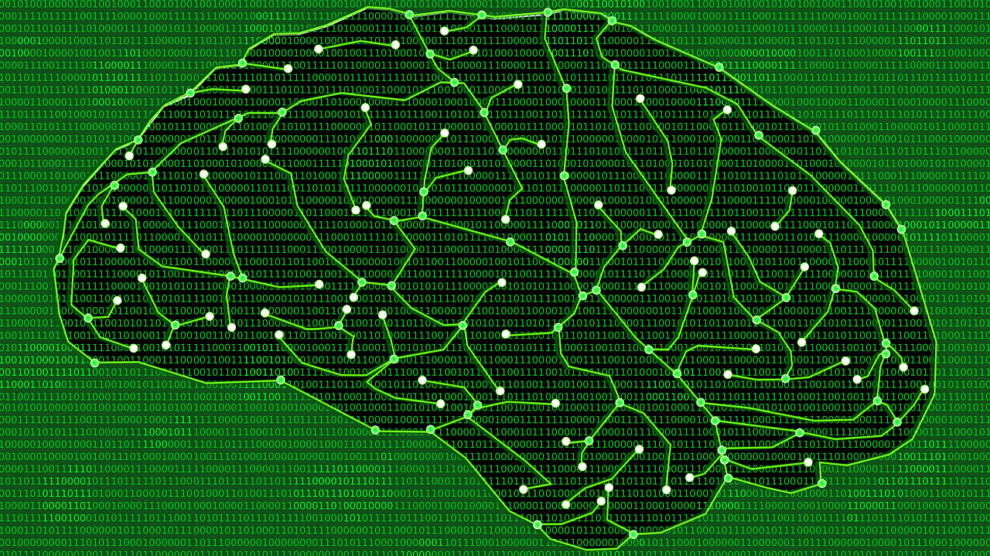It hasn’t been long since mankind first got exposed to mobile apps, and here we are today, sitting in the core of Artificial Intelligence that is poised to dominate the technological scenario in coming years. It wouldn’t be wrong if we said mobile apps development has served as a Launchpad for Artificial Intelligence, but then the way AI has come so far, it is already toppling the existing trends, one of which are mobile apps. Consequently, Mobile apps development companies are gradually shifting their priority from ‘apps only’ to ‘apps with AI integration’. And this has resulted in a number of AI-powered apps on the digital distribution platforms and AI-powered apps that are exclusively being used by some of the biggest sectors.
The purpose of integrating AI into these sectors is clear: improve process quality, automate operations, facilitate enquiries and increase productivity. Now let us take a look at how AI is being utilized in different sectors:
Applications of Artificial Intelligence in Retail Sector
One of the major challenges in the retail sector has always been inventory management. With almost a sea of commodities to manage, human error is inevitable. Since AI has stepped into the digital scenario, some of the biggest retail businesses like Walmart, have started using artificial intelligence effectively to boost inventory management. AI development has already outperformed some of the most prominent enterprise software in supply chain management. From a customers’ point of view, AI has seeded the possibility of robotic software terminals that can help a customer get suggestions according to their preferences by logging in to the system with credentials provided by the retail store itself.
Public Transport driven by Artificial Intelligence
Some of the most interesting applications of Artificial Intelligence can be seen in the public transport sector, where industry leaders are already introducing some remarkable innovations. What’s even more interesting is that some of the countries like UAE and America are almost at the brink of launching full-fledged autonomous public transport systems and it could happen any time now. Some of the biggest companies like Tesla and Google are already in the final phase of testing self-driving cars capable of making critical decisions in a fraction of a second, to ensure safety and reliability.
Improving Logistics with AI
The complicated Logistics sector needs a lot more than just suggestions; it needs real-time implementation of solutions that solve the biggest challenges in the sector such as Transportation costs, Fare Prediction, Inventory Management, Route Optimization and a few more. The good thing is that AI already has use cases to enable route optimization with the help of IoT sensors and applications, to predict traffic jams, available short-haul and long-haul routes, and optimum routes. This directly affects the efficiency of the operations by optimizing weight capacity, cost per mile, loading times, speed of vehicle etc.
AI Integration in Food-delivery Sector
Currently, one of the fastest growing industries in the world is the Food-delivery industry. And it is constantly growing for the simple reason that people will always love good food, no matter what. There aren’t many challenges that the food delivery sector currently faces. However, if the scope of improvement does count as a challenge, we just might have it in this sector. Artificial intelligence applications in the food industry exist in use cases. For example – a food delivery app can use predictive analytics to analyse the order history and eating habits of a person, to come up with suggestions that are user-specific and budget-specific. Another use case could be in health and fitness, where one can input health-related information such as height, weight, age etc., to get suggestions on what kind of food to consume to maintain the optimum calorie count, and thus, good health.
Advanced Learning – Artificial Intelligence in Education sector
Right from the very beginning, the education sector has been quite open to adopting digital technology, starting with technologies like digital classrooms, e-books, remote learning etc., that duly adopted the amazing utility offered by mobile apps, and now, have welcomed Artificial Intelligence with open arms. Performance tracking and personalized learning for students is another one of the AI applications. Also, AI logic can deduce which student lacks in which particular subject, and improve their performance in that subject by providing study material, videos, specific live classrooms and much more relevant information and content. For management, AI can be used to keep a track of attendance, sort cumbersome paperwork and allow teachers to monitor student progress effectively.
Other than what was mentioned above, there is a lot more to AI that already exists and is about to come. And the solutions we have mentioned are just a picture of how AI solutions exist or will come into existence to tackle the challenges we currently face. On the inside, there is a lot that Artificial Intelligence development companies can do for these sectors, such as improve productivity, tackle inefficiencies, optimize costs and streamline operations.





